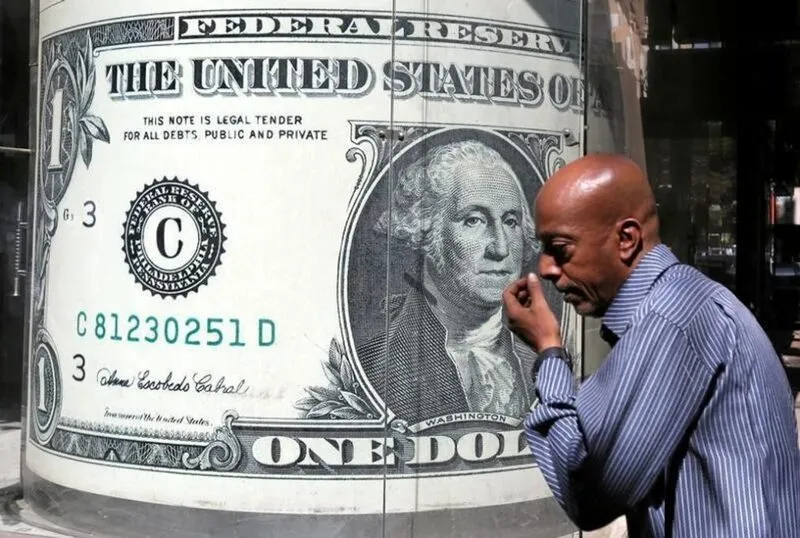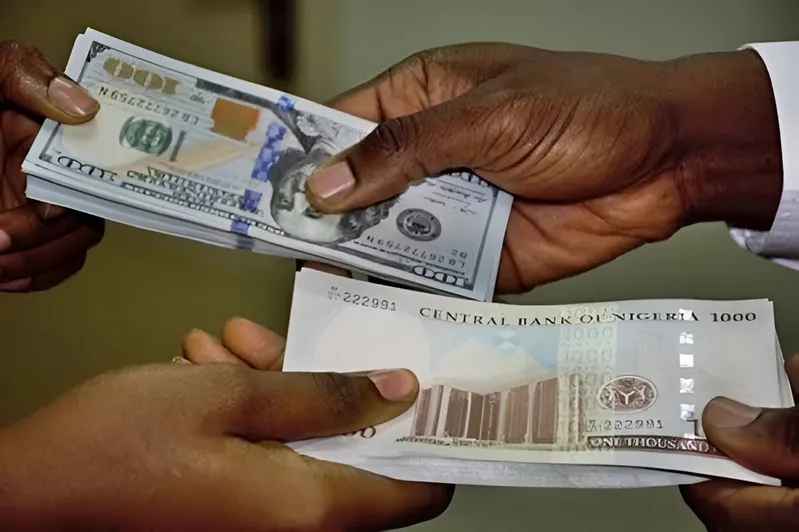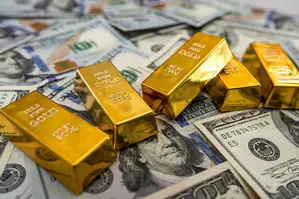The Nigerian naira outperformed the US dollar in the currency markets on Wednesday. The Nigerian Foreign Exchange Market (NFEM) saw increased buying of their local currency in the forex markets. The naira touched an intraday high of N1536.50, compared to N1543 on Tuesday. The confidence in the local currency comes after the country’s external reserves increased to $40.292 billion as oil production output grew.
Also Read: India To Boost De-Dollarization: Buy Nigerian Oil Paying in Naira
Why Is the Nigerian Naira Rising Against the US Dollar?

The Nigerian naira is rising against the US dollar under various parameters in the currency markets. The two main reasons are oil sales in naira and the central bank taking concrete steps to solidify the currency via new debit cards for non-residents of Nigeria. The government announced last year that all oil and energy transactions must be settled in the local currency. The country’s top and small refiners have been accepting the naira for transactions and sidelining the US dollar.
In addition, the Central Bank of Nigeria resumed the naira debit cards after a three-year hiatus. This allows Nigerians to pay in the naira and not the US dollar even when they are abroad. Therefore, all transactions through the debit card will be in the local currency, saving users conversion fees and exchange rates. Not just transactions outside Nigeria, the debit card also allows ATM withdrawals and purchases on international websites in the local currency.
Also Read: DBS: Chinese Exporters Swap Dollar for Yuan in Trade
The restoration of the local currency overseas and the naira-for-oil rule made it outperform the US dollar. Also, the USD is on a downward spiral in 2025 as the DXY index is weakening every week. From tariffs to trade wars and changes in global policies, the greenback is facing the heat from the outside. It failed to climb above the 100 mark despite multiple attempts this year. All of these made the Nigerian naira outpace the US dollar in the currency markets.






